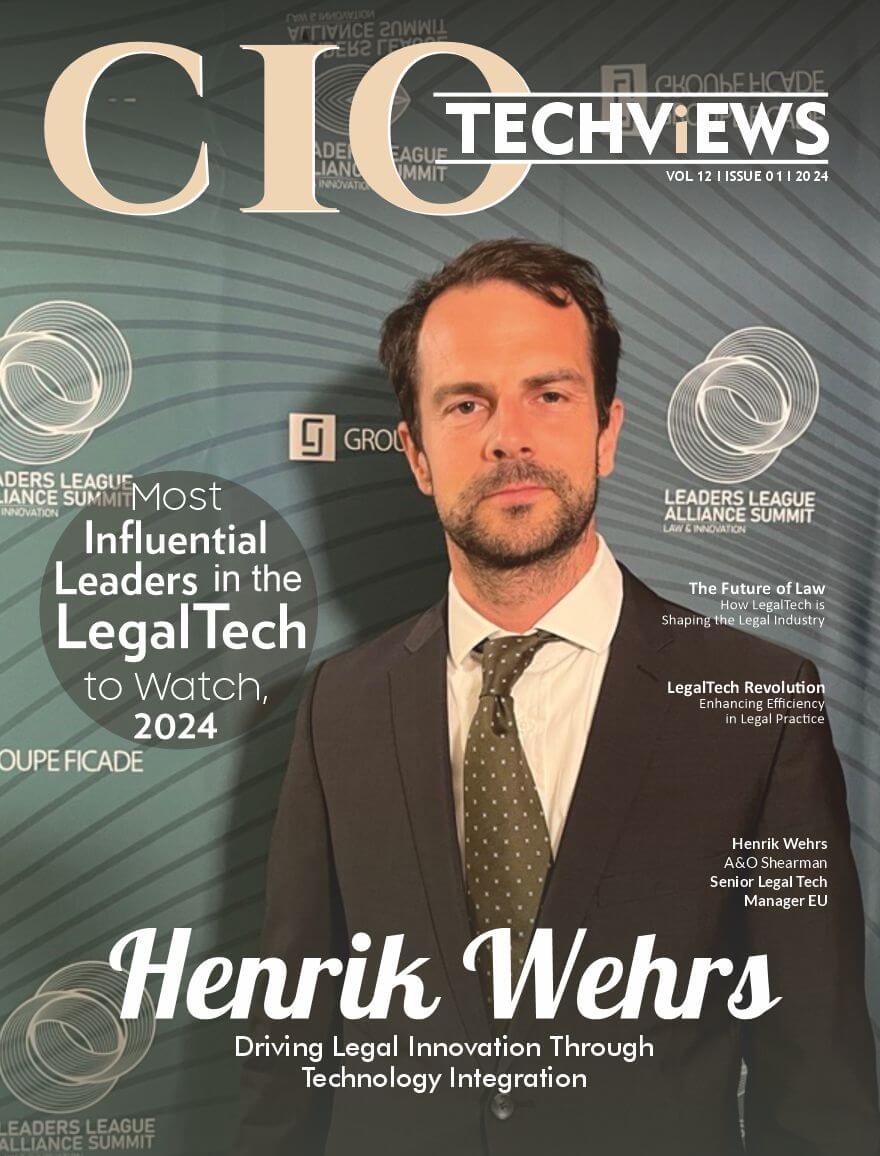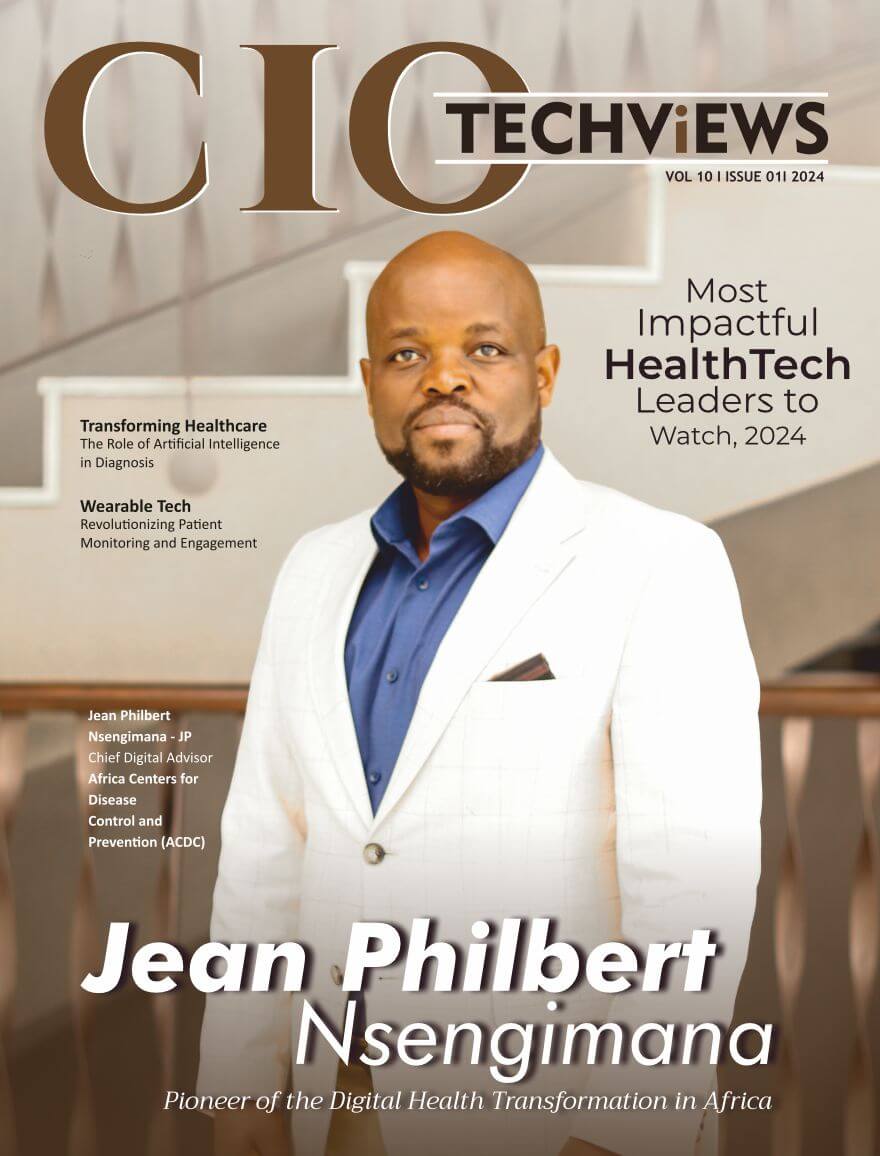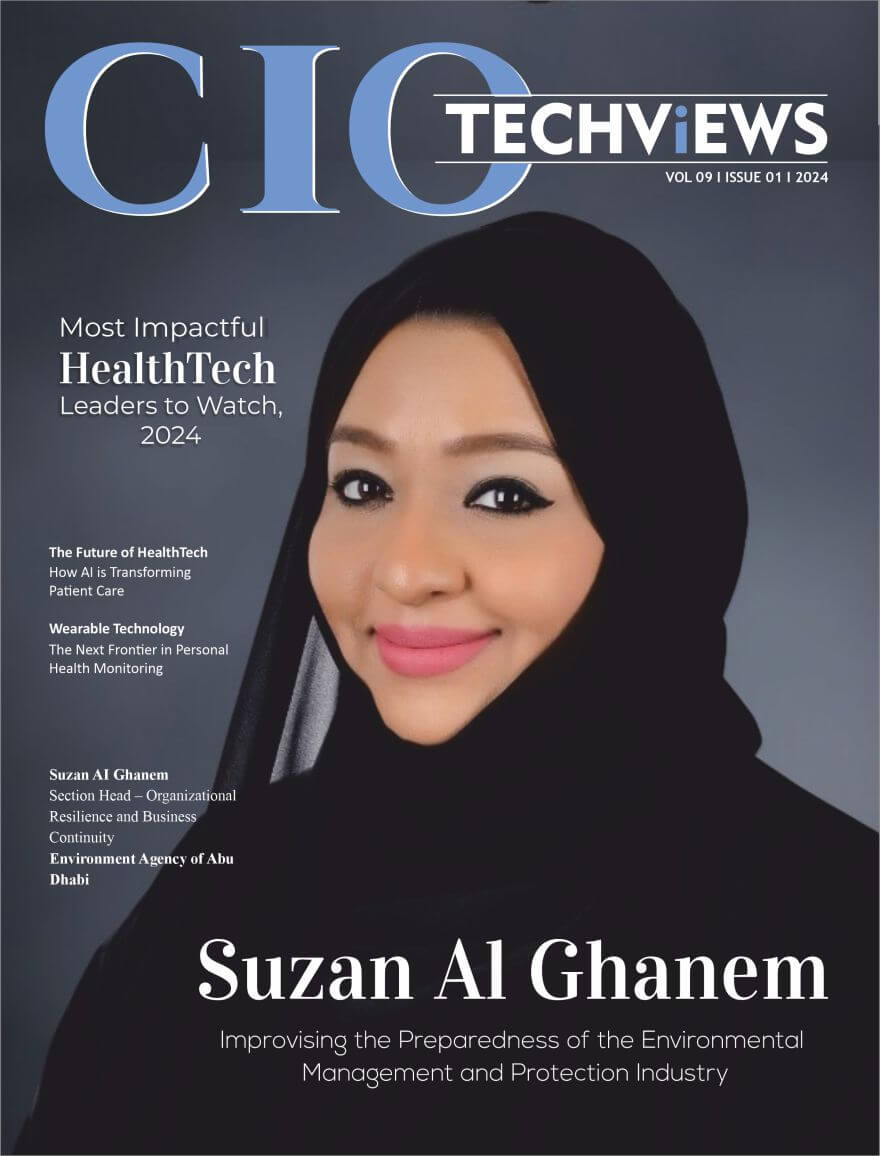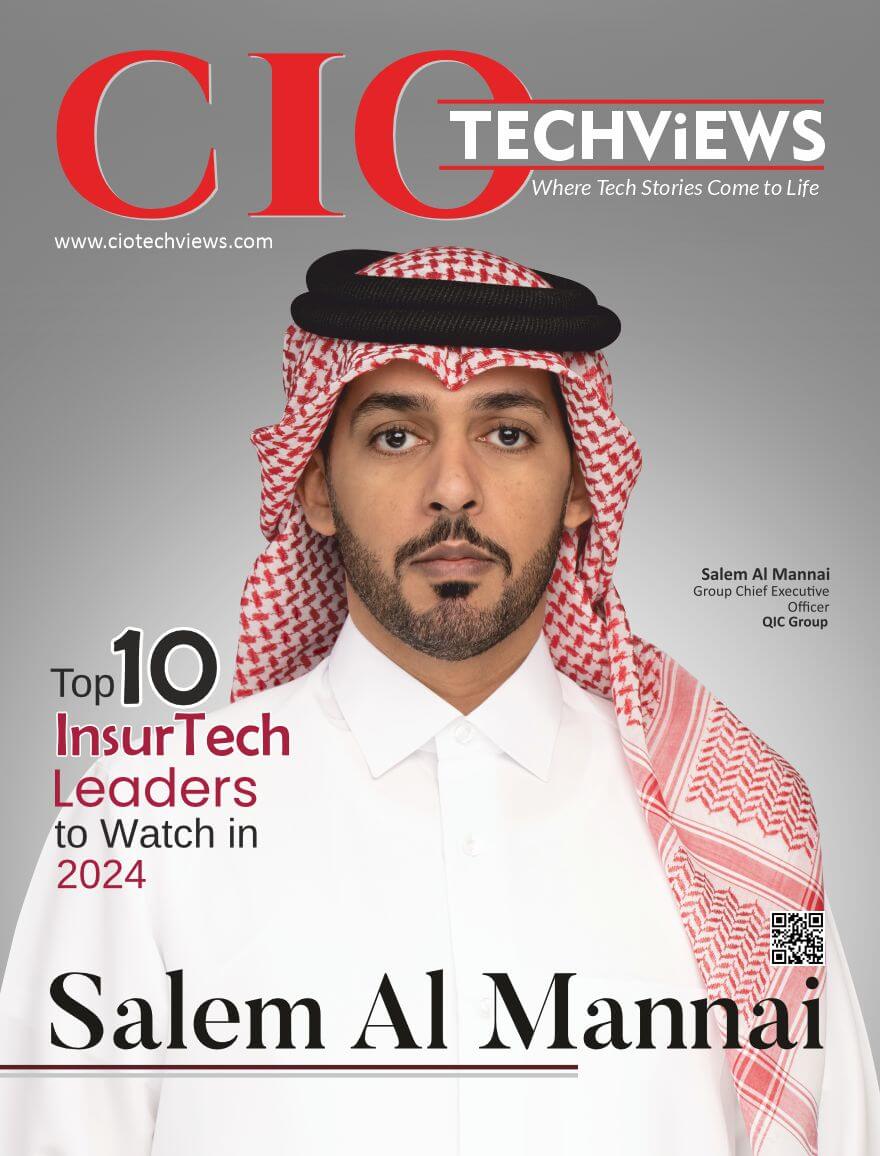Community health workers play a vital role in connecting communities with clinical services, especially in under-invested communities. Emerging technologies can greatly enhance the scalability of community-to-clinical linkages and improve overall health outcomes. The technologies can be beneficial and sustainable if they are community and patient-centered. If the technologies do not incorporate health and digital strategies, then the unintended consequences are greater health disparities.
Here are some examples of emerging technologies that can be utilized by community health workers:
Mobile Health (mHealth) Solutions: Mobile technologies such as smartphones, tablets, and wearable devices can be used by community health workers to collect and transmit health data, provide education and counseling, and facilitate communication with healthcare providers. mHealth solutions can also enable remote monitoring of patients, enhancing follow-up care, treatment adherence and linkage to social services (i.e., housing, food, transportation and employment).
Telemedicine and Teleconsultation: Telemedicine allows community health workers to connect remotely with healthcare professionals, enabling them to consult on complex cases, receive guidance, and make informed decisions. Teleconsultation platforms, through audio, video, or text-based communication, facilitate real-time interactions, reducing the need for physical referrals or transfers.
Electronic Health Records (EHRs): Implementing electronic health records in community health settings helps streamline data management, enhance information sharing, and improve care coordination. Community health workers can record and access patient information, update treatment plans, and ensure continuity of care between community and clinical settings. The Community Health Worker may also assist with health and digital literacy by engaging the patient over time which also builds trust.
Decision Support Tools: Decision support tools, such as mobile applications or software solutions, can provide community health workers with evidence-based guidelines, protocols, and algorithms for diagnosing and managing common health conditions. These tools help community health workers make informed decisions and deliver standardized care.
Data Analytics and Artificial Intelligence (AI): Advanced analytics and AI techniques can analyze large volumes of health data collected by community health workers. These technologies can identify patterns, predict disease outbreaks, prioritize interventions, and provide insights to improve community health programs. AI can also assist in automated triaging and preliminary diagnosis, empowering community health workers with diagnostic support.
Social Navigation Platforms: Mapping tools and navigation applications can help community health workers identify the location of social services, health facilities, and other resources. These technologies assist in planning and optimizing outreach activities, enabling community health workers to efficiently navigate and reach the most at-risk populations.
Training and Education Platforms: Online training platforms, e-learning modules, and virtual simulations can provide community health workers with continuous education, skill-building, and capacity development. These platforms enhance their knowledge, improve their competencies, and ensure they stay updated with the latest healthcare practices.
It’s important to note that while these emerging technologies offer significant potential, their successful implementation requires considering factors such as health/digital literacy, infrastructure availability, privacy and security concerns, cultural relevancy, and equitable access to technology. Community engagement and collaboration with local stakeholders are crucial to ensure the effective integration of these technologies into existing healthcare systems. Therefore, establishing trust among stakeholders is key to ensuring a successful deployment strategy and sustainable program model.
About the Author
Pamela serves as National Vice-President, Health Equity and Partnerships and National Executive Director for the National Hypertension Control Initiative for the American Heart Association, where she is responsible for leading the strategic planning for improving the health of communities across the United States by identifying opportunities with powerful partnerships to impact transformative lifestyle and community change. Pamela has 20+ years of strategic planning, change management, marketing and accounting experience and is passionate about empowering individuals, communities and corporations to be agents for change.
Pamela received her Bachelor of Science in Accounting from the University of North Texas in Denton, Texas and her Master of Business Administration from Southern Methodist University in Dallas, Texas. Pamela is a Board Member for the CHIArts Foundation, Spectrum Health Lakeland, a Council Member for Alkeme Health and Babson Women of Excellence Coach.
She is a distinguished member of Alpha Kappa Alpha Sorority Inc., The Links, Incorporated, Jack and Jill of America, Inc., American Marketing Association, the McKinsey Black Executive Leadership Program, and a Lifetime Member of the National Black MBA Association. Pamela is married to Robert Johnson, Chief Equity Officer at Bezos Academy. Pamela and Robert have a son, Miles.
Read More : Click Here
















